Mason Blake
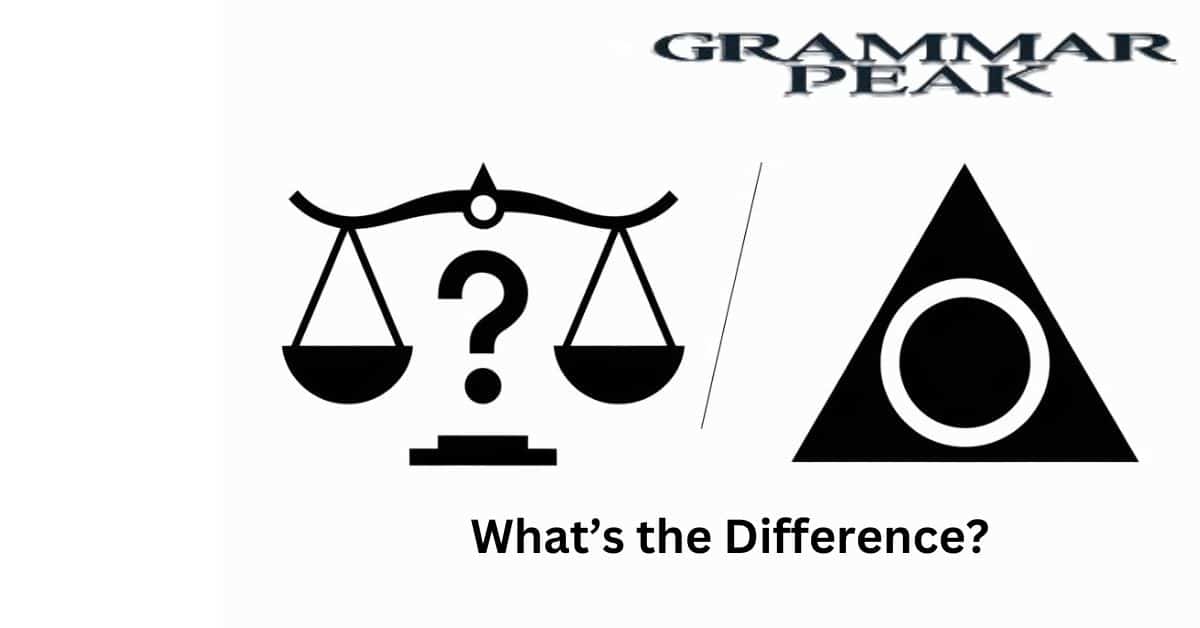
Juxtaposition vs Paradox: What’s the Difference?
When it comes to juxtaposition vs paradox, these two terms often get mixed up. Though both play vital roles in ...

Ill vs Sick: What’s the Difference and When to Use Each?
While both words describe feeling unwell, their meanings change based on formal language, informal language, and medical context. In American ...
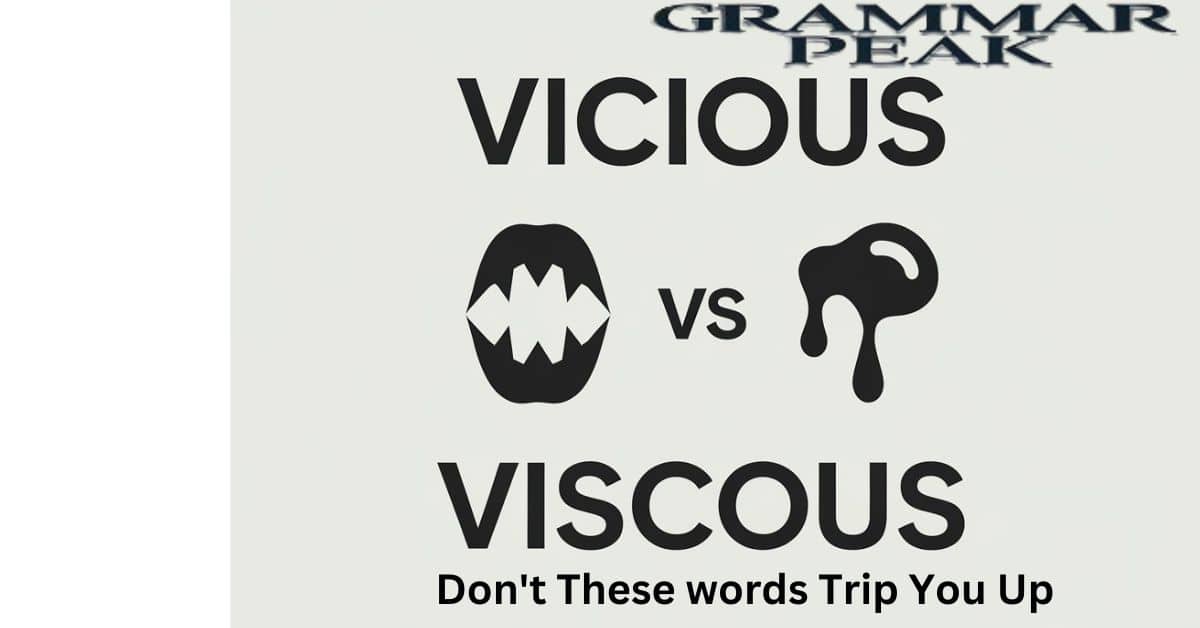
Vicious vs Viscous: Use Them Correctly in Writing
The English language has many commonly confused words that sound similar but have different meanings. One such pair is vicious ...
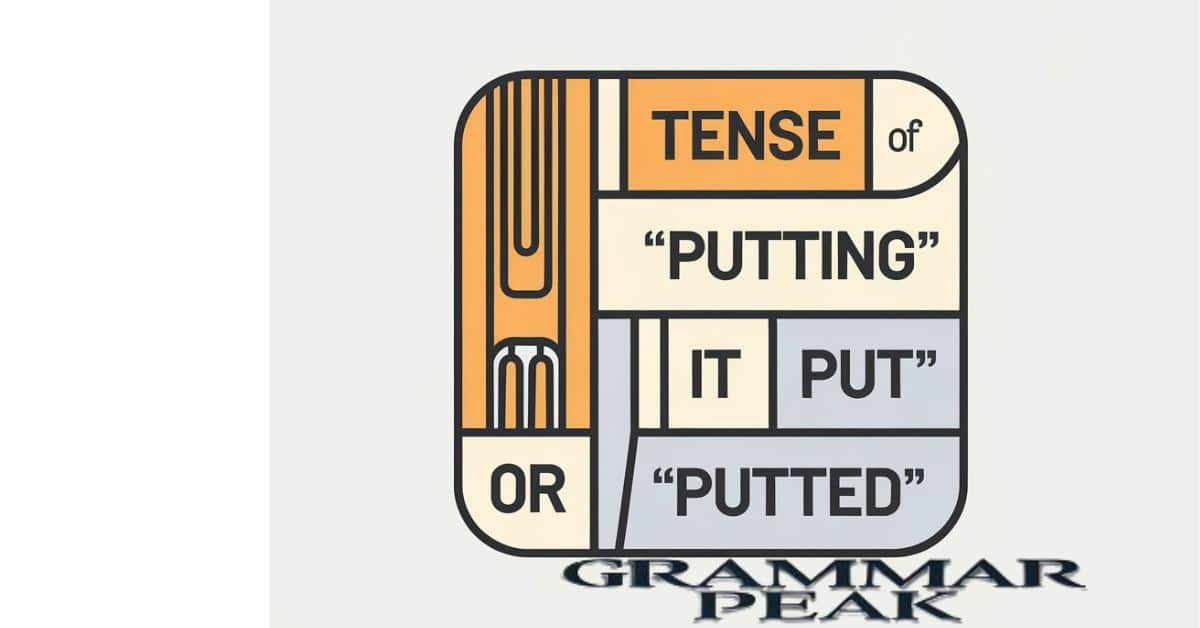
Understanding the Past Tense of ‘Putting’: Is it ‘Put’ or ‘Putted’
The verb “put” is a common word in English, but its past tense can confuse. In most cases, the simple ...
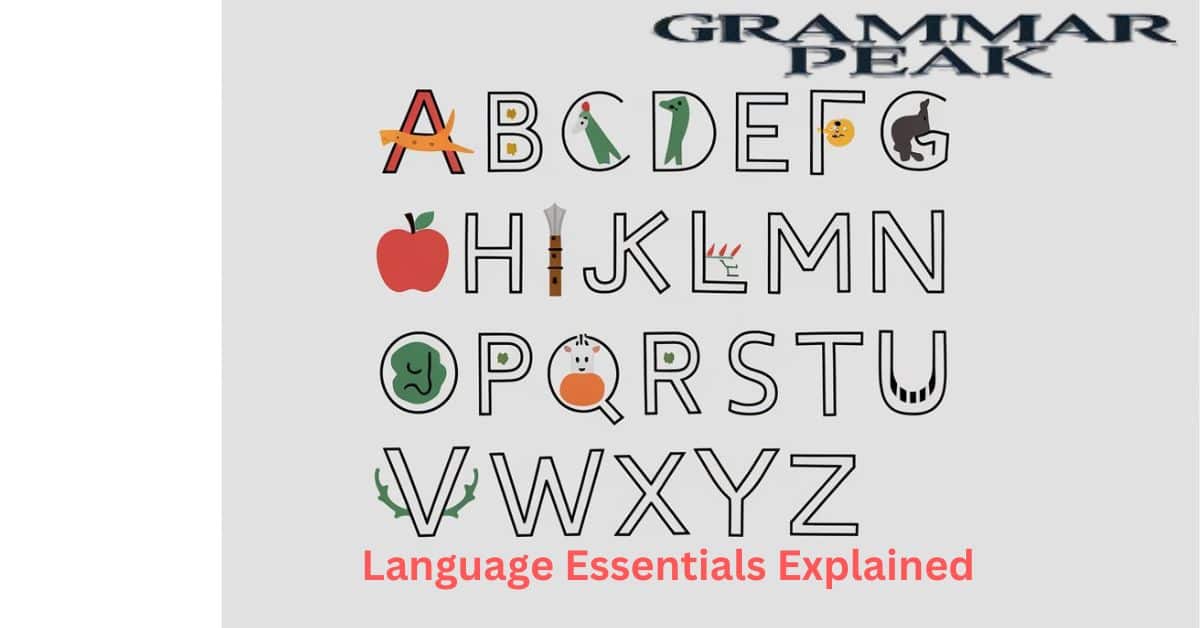
Letter or Alphabet: Understanding the Difference
The English alphabet consists of 26 letters, each acting as a building block for words. However, an Alphabet is more ...
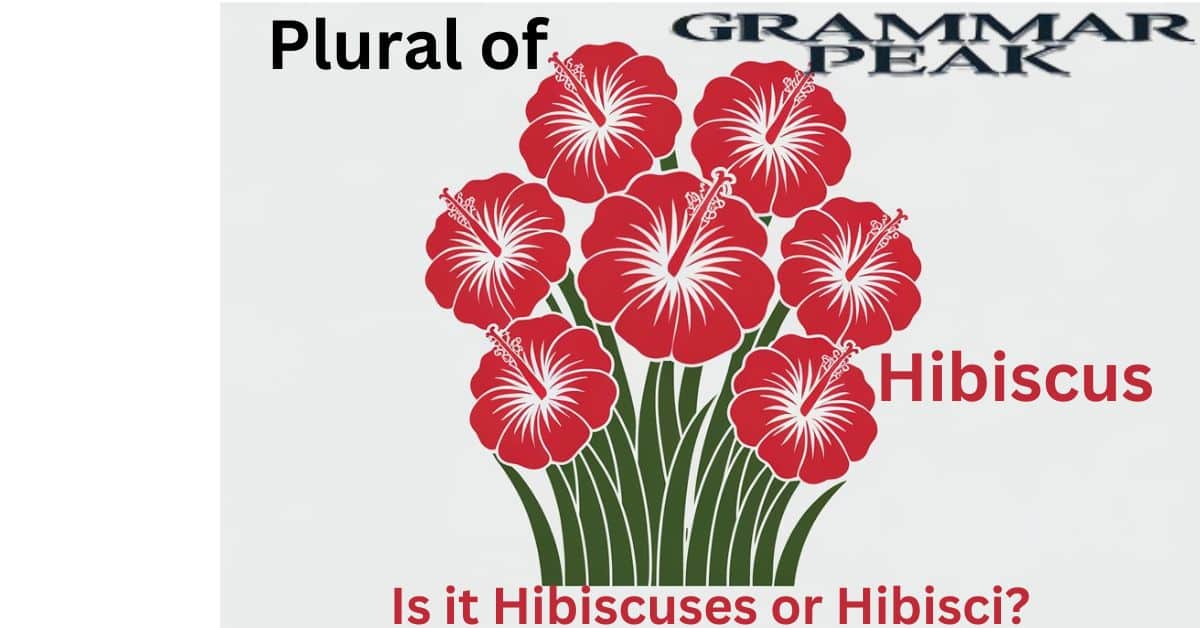
What’s the Plural of Hibiscus? Is it Hibiscuses or Hibisci?
The plural of hibiscus often confuses English speakers. Some say hibiscuses, while others prefer hibisci. But which is correct? Understanding ...
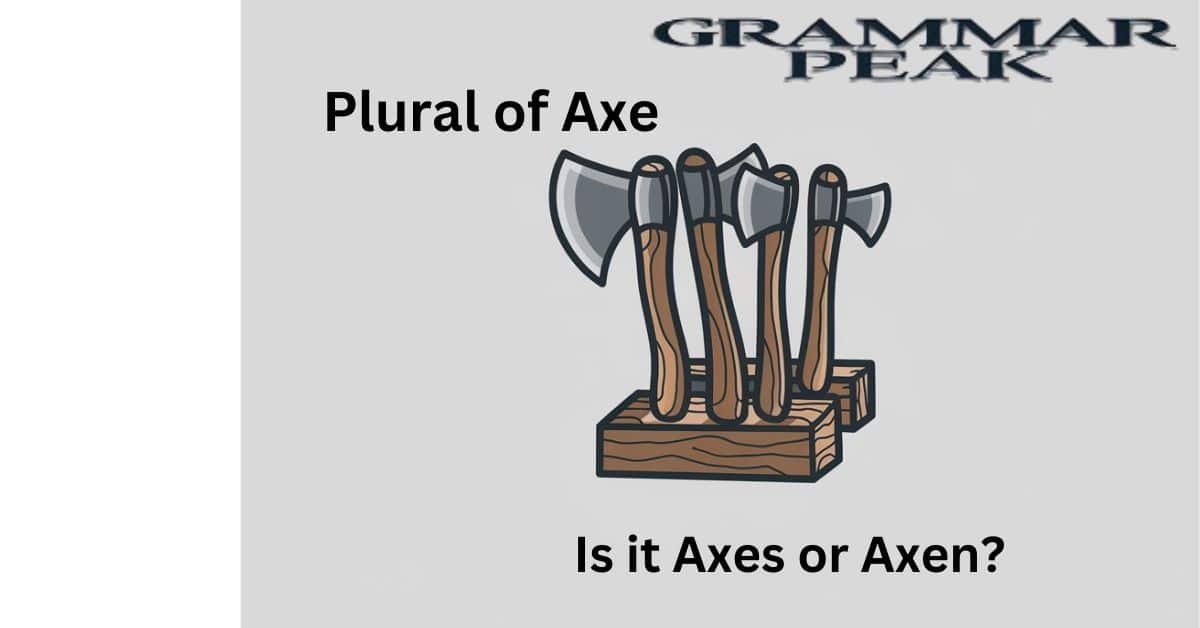
What’s the Plural of Axe? Is it Axes or Axen?
The word “axe” is commonly used for a cutting tool that helps in chopping wood, forestry, and even ancient weaponry. ...
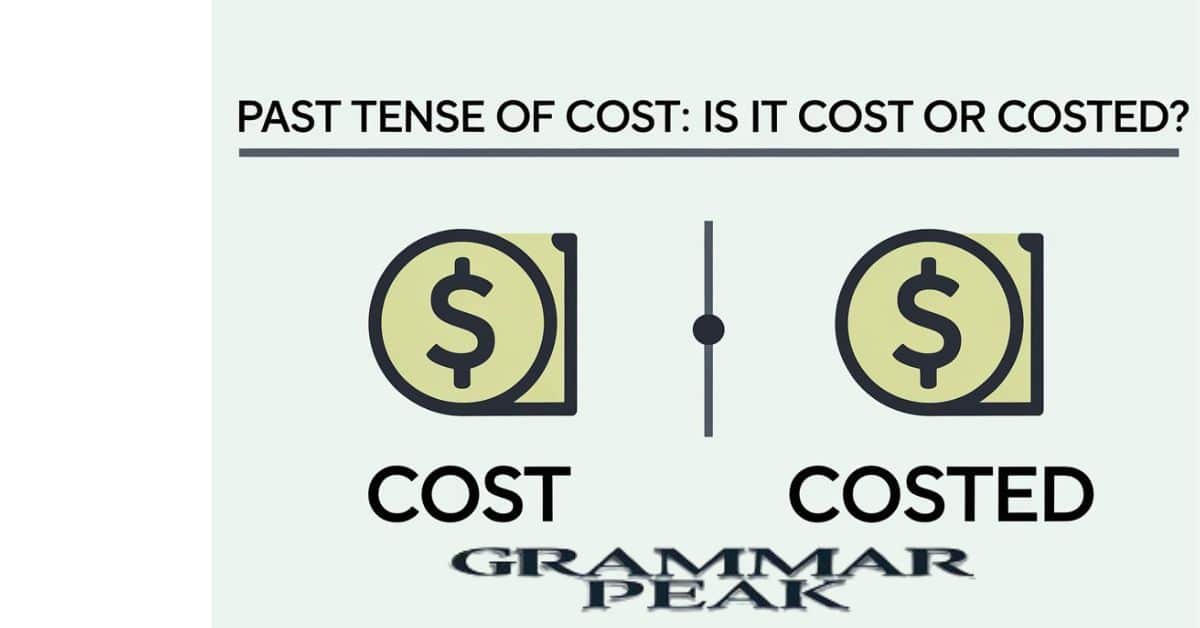
What’s the Past Tense of Cost: Is It Cost or Costed?
The correct past tense of cost is cost in most situations. Since cost is an irregular verb, it does not ...
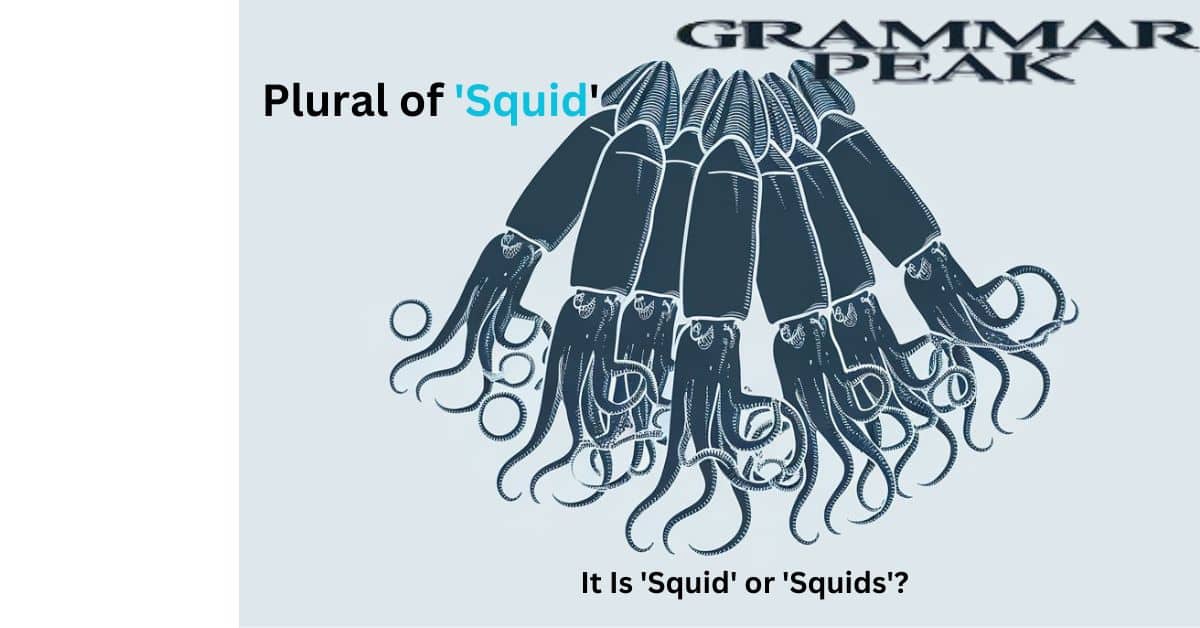
What is the Plural of ‘Squid’? ‘Squid’ or ‘Squids’?
The plural of squid is a topic of debate in English language usage. Some words follow standard pluralization rules, while ...
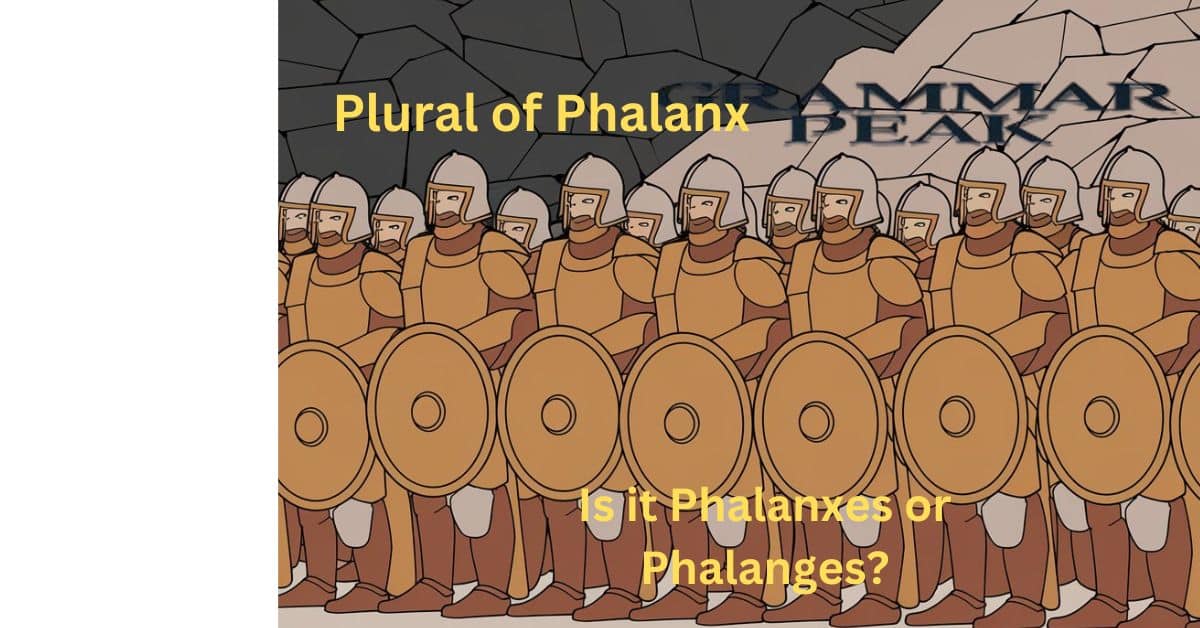
What’s the Plural of Phalanx? Is it Phalanxes or Phalanges?
Understanding the plural form of “phalanx” can indeed be perplexing. Many people wonder whether it is “phalanxes” or “phalanges.” This ...






